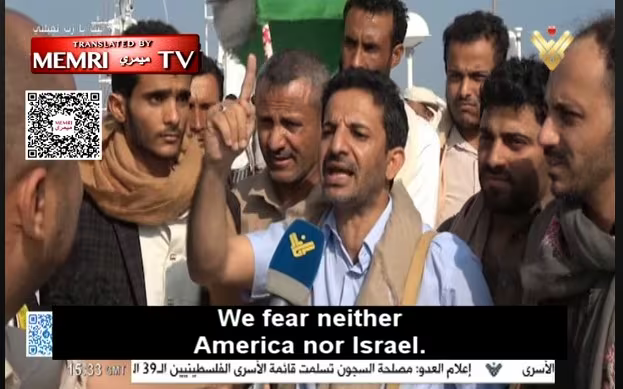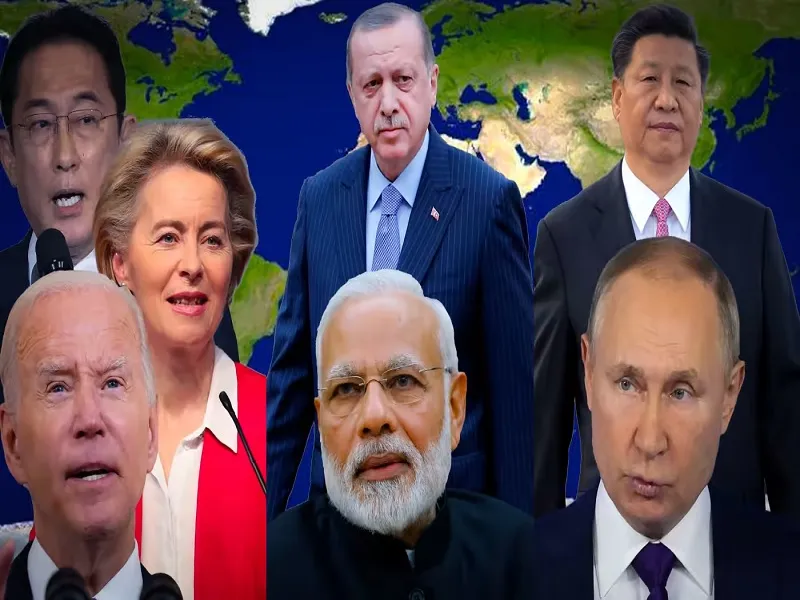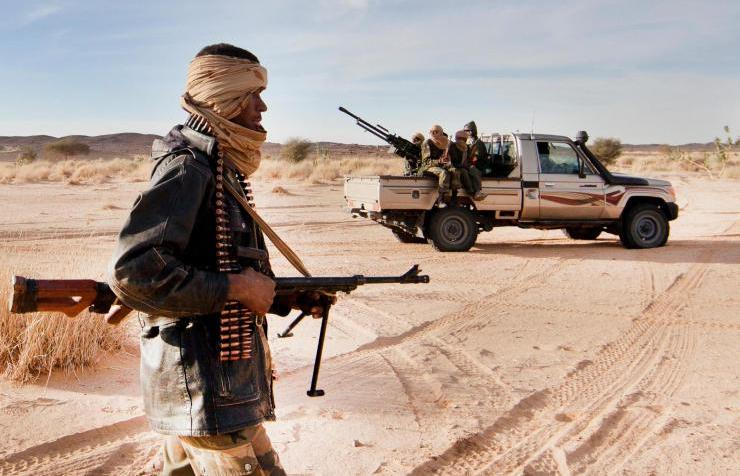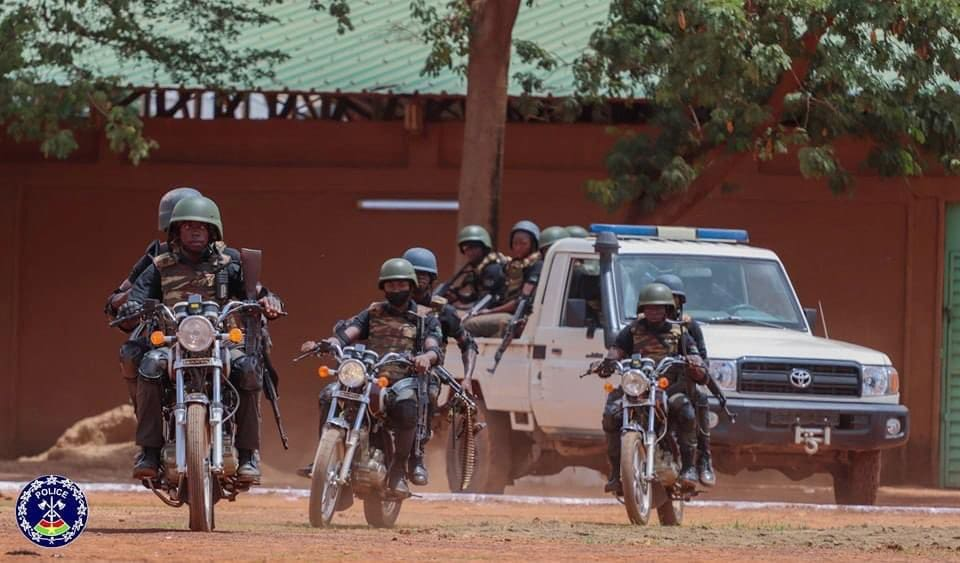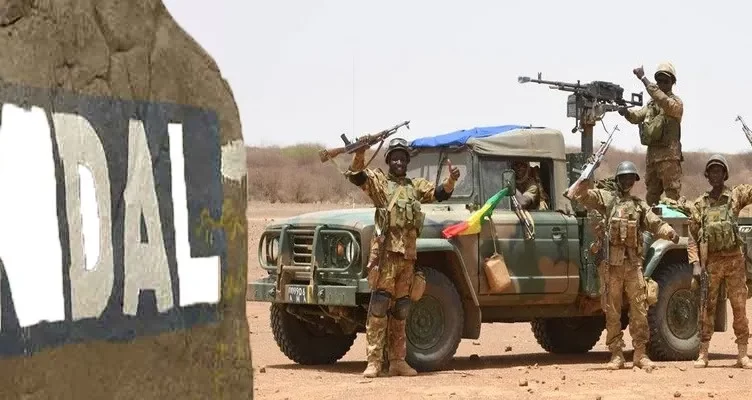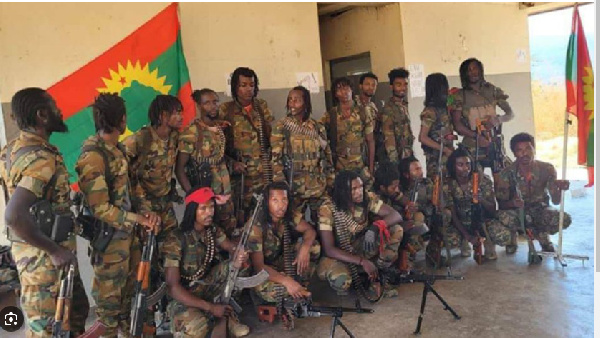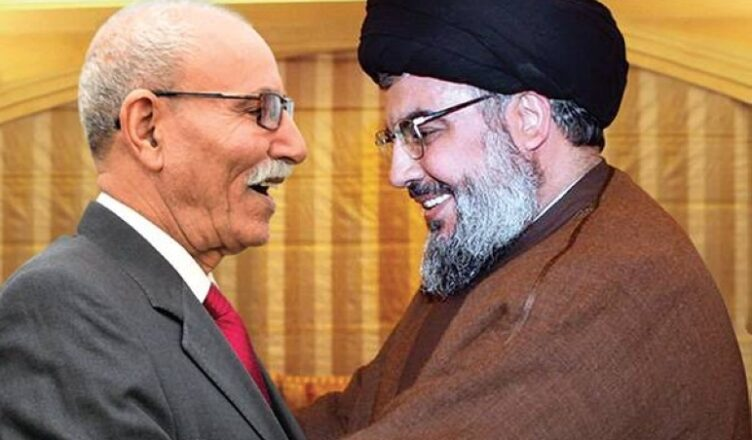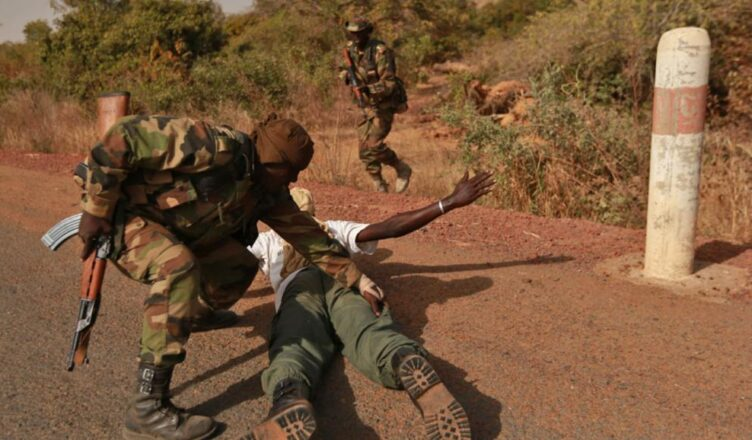Qatar: Extremism and Terrorism
On October 7, 2023, Hamas launched a surprise attack on Israel killing at least 1,200 people and kidnapping at least 240 men, women, and children. In response, Israel declared war on Hamas and launched a ground invasion of the Gaza Strip. Hamas leader Ismail Haniyeh and other Hamas leaders watched the attack unfold from Haniyeh’s office in Doha, Qatar. Qatar joined with Saudi Arabia and Iran in blaming Israel for the October 7 Hamas attack. According to a Qatari government statement, Qatar’s Ministry of Foreign Affairs held Israel “solely responsible for the ongoing escalation due to its ongoing violations of the rights of the Palestinian people, the latest of which was the repeated incursions into Al-Aqsa Mosque under the protection of the Israeli police.” That night, Qatari officials claimed they had begun mediation talks to convince Hamas to release captive women and children for Palestinian security prisoners in Israel. Israel denied negotiations were underway. On October 20, Hamas freed two hostages—an American mother and daughter pair—after Qatari intervention. Hamas said it released the hostages for “humanitarian reasons.” On October 24, Qatari Emir Sheikh Tamim Bin Hamad Al-Thani accused Israel of receiving an “unconditional green light and free license to kill” in Gaza. As of November 14, Hamas had released four hostages—two Americans and two Israelis—because of Qatari mediation. That day, the Qatari government renewed its call on Israel and Hamas to reach an agreement on releasing hostages, but Qatar Ministry of Foreign Affairs spokesman Majed bin Mohammed al-Ansari also blamed the “deteriorating” situation in Gaza for hindering mediation efforts. (Sources: Hamas Telegram Channel, Associated Press, Reuters, Daily Mail, Qatari Ministry of Foreign Affairs, Hill, Reuters, Al Jazeera, Associated Press, NPR, NPR, Agence France-Presse)

